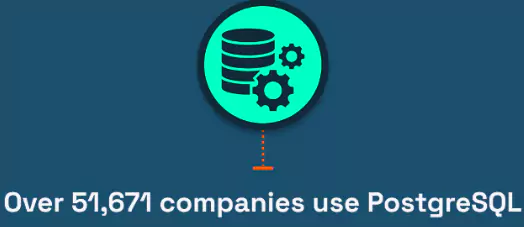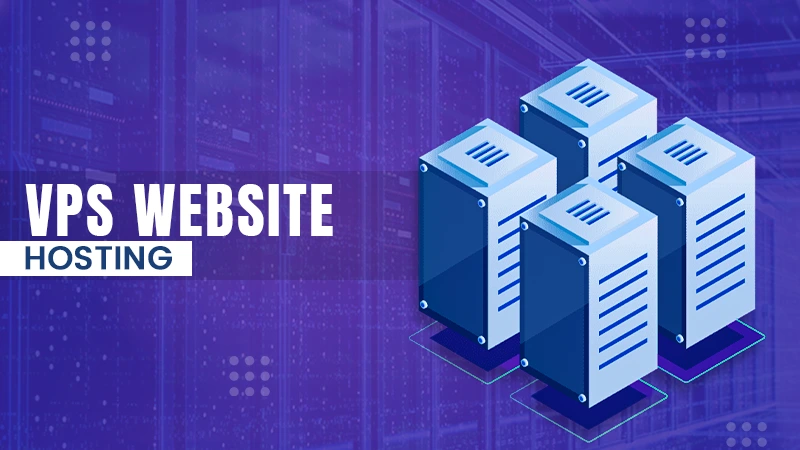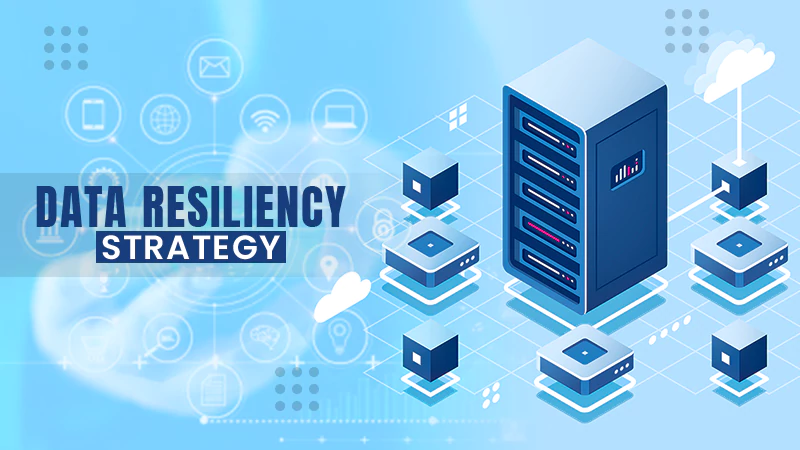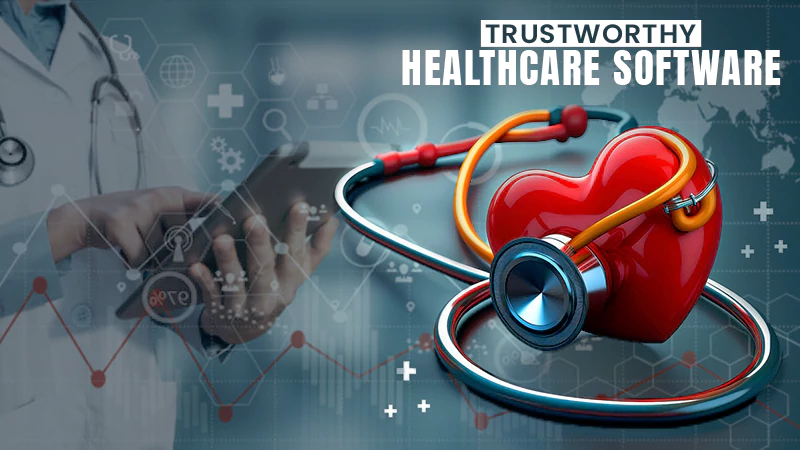PostgreSQL (or Postgres) was produced through the College of California, Berkeley and it is now produced by a residential area of volunteers. This is an open-source database that works with other open-source technologies.
Although it has been around since 1986, it wasn’t until 2005 that it started attracting serious attention from developers and DevOps professionals and even then, only those who knew what they were doing were willing to take on such an unwieldy beast.
Among the numerous relational database management systems (RDBMSs) in the present digital realm, it stands tall just like a top-tier, open-source choice, revered by developers globally.
In this particular piece, we’ll explore the primary reasons why it receives such accolades, focusing on its extensive features, object-oriented abilities, SQL standards compliance, Acidity characteristics, and community engagement.
In the modern age, where seamless integration with DevOps services and robust postgresql support is vital, understanding these attributes can aid in making informed decisions.
Its benefits largely arise from its comprehensive feature suite. It boasts robust performance tools, advanced safety safeguards, and vast programming and configuration options. Listed below are the standout features:
- Programming Extensions: PostgreSQL permits directory function creation using a plethora of languages including SQL, Python, Java, Perl, and Lua, among others.
- Diverse Data Types: No matter if you’re working with common data primitives, network addresses, geometric shapes, or even JSONB for non-relational information management, it has you covered.
Unique types such as hstore for key-value pairs, multidimensional arrays, and even user-defined types amplify its utility.
- Full-text Search: Enhancing operations on semi-structured text, its search capabilities are customizable for accuracy and relevancy.
- Security: It champions robust authentication and privilege management, ensuring top-tier access control.
- Views: The RDBMS supports views and materialized views, simplifying data access.
- Write-Ahead Logging: This offers point-in-time recovery and failover, bolstering the directory consistency and backup.

Open Source and Community Support
PostgreSQL is definitely a free database, meaning technology only free of charge. You might also need the liberty to change it as you see fit and distribute your modifications underneath the same license because of the original product.
Should there be something you want to change or add, that can be done without asking permission from other people, and when another person has carried this out work with themselves and shared their changes using the community, then all of the better!
If there’s anything about open source software that might seem counterintuitive at first glance (or even second), think back on what we mentioned earlier: “The benefit of open source software is that anyone can see how it works.”
In other words: transparency leads to accountability which leads back around again into transparency because now everyone knows what happened at each step along the way so they’re less likely to make mistakes later down the line when implementing these changes themselves (or trusting someone else).
Openness and Standards
PostgreSQL has been an open-source project since its inception, and it’s not going anywhere. In fact, it was the first RDBMS to be open source!
This openness means that you can always get involved with improving your information stack by contributing directly to the project and if you don’t have time for that (or just want someone else to do it), there are plenty of companies out there offering paid services such as training courses or consulting services where they’ll help optimize its configuration for performance reasons.
Another advantage of using it over proprietary directory like Oracle or SQL Server is that because it’s an open-source system built on standards like SQL (Structured Query Language), anyone can use these same standards when writing applications that interact with your database server you won’t need any special extensions or libraries written specifically for one company’s proprietary product line!
Do You Know?The PostgreSQL community is huge and very active, with thousands of contributors around the world who contribute code and documentation in their spare time.
Object-Oriented Capabilities
What sets this apart is its foundation as an Object-Relational Database Management System (ORDBMS). This hybrid nature provides the best of both worlds, allowing for relational operations, combined with object-oriented features.
Users can define custom data types, establish table inheritance relationships, and overload functions.
Strict Adherence to SQL Standards
PostgreSQL’s commitment to SQL standards sets a benchmark. While no database fully adheres to the SQL:2016 specification, it conforms to a notable 160 out of the 179 core mandates.
ACID Compliance
Achieving ACID (atomicity, consistency, isolation, durability) compliance is paramount for RDBMSs. Proudly, it has maintained this standard since 2001 using its unique multiversion concurrency control (MVCC).
Open-Source & Community Engagement
At its core, it thrives as an open-source project, steered by The PostgreSQL Global Development Group. Its licensing under The PostgreSQL License ensures free and open development.
Absent corporate oversight, its trajectory is dictated by the community, resulting in a vast pool of extensions and applications. This user-centric approach solidifies its reputation as a holistic, versatile RDBMS suitable for diverse use cases.
In the devops services landscape, where its supports and integration are pivotal, acknowledging these features reaffirms its prowess. No matter if it is for traditional relational data management or venturing beyond conventional RDBMS boundaries, PostgreSQL stands as a reliable contender.
It is definitely an open-source database that provides speed and reliability, while still remaining suitable for the most recent technologies. It is reliable, fast, and scalable and is also free of charge. This includes an array of tools making it simple to monitor your server’s performance and health.
The PostgreSQL community is extremely active in developing additional features for her software, so you can be certain that there are many aspects coming lower the pipeline with time – all without getting to pay for any licensing charges!







